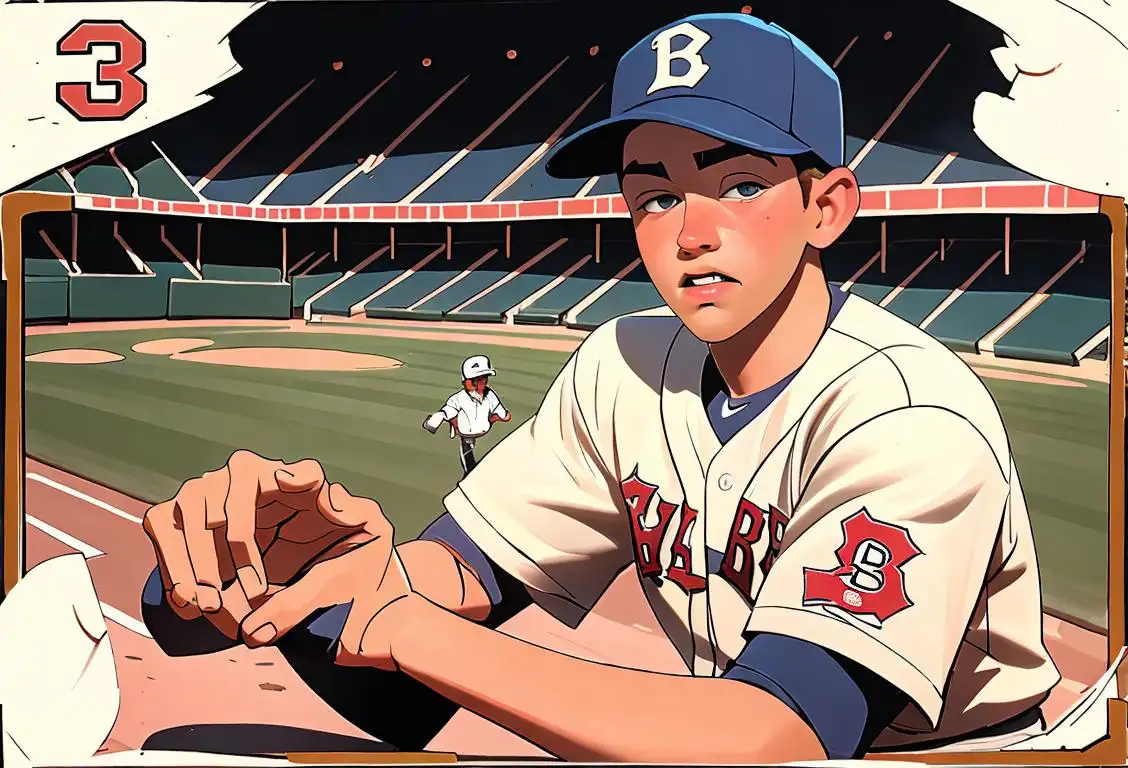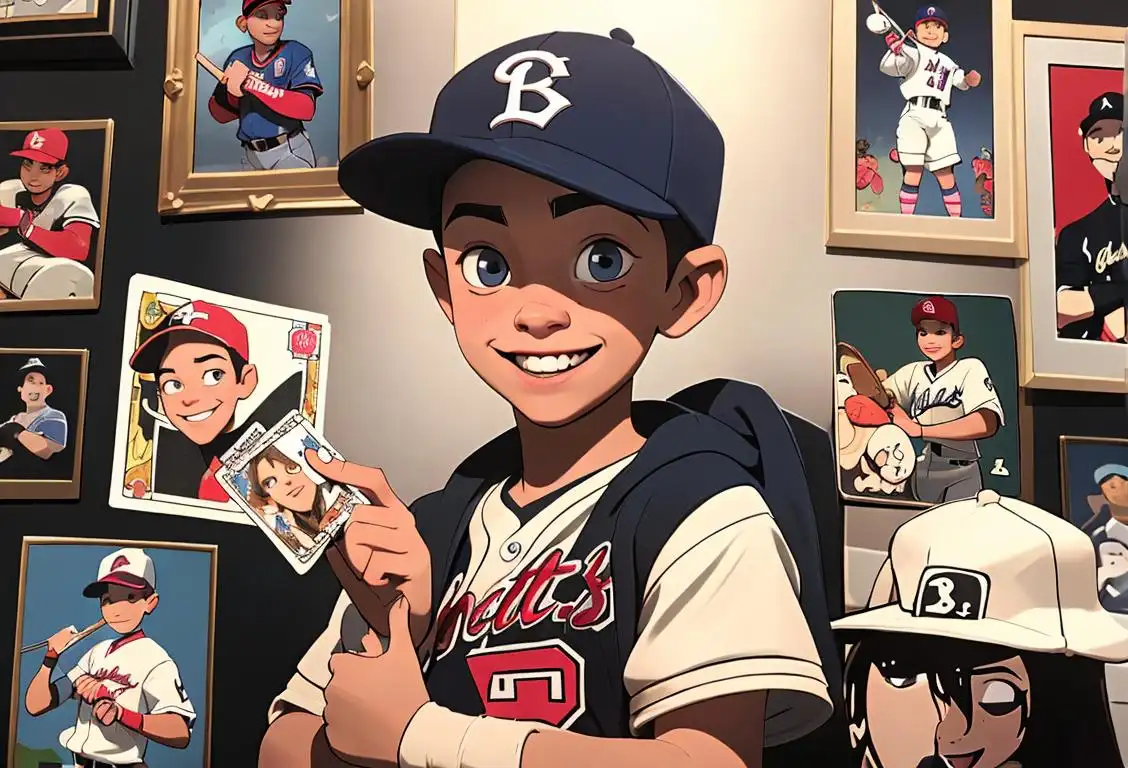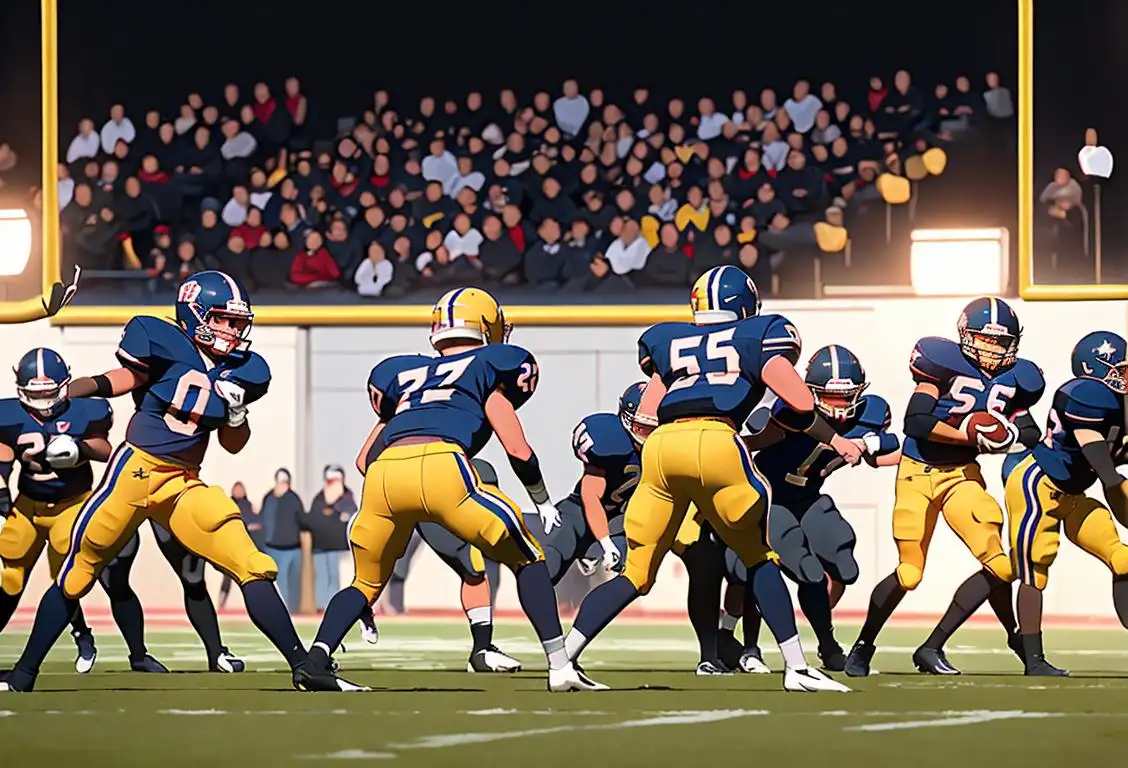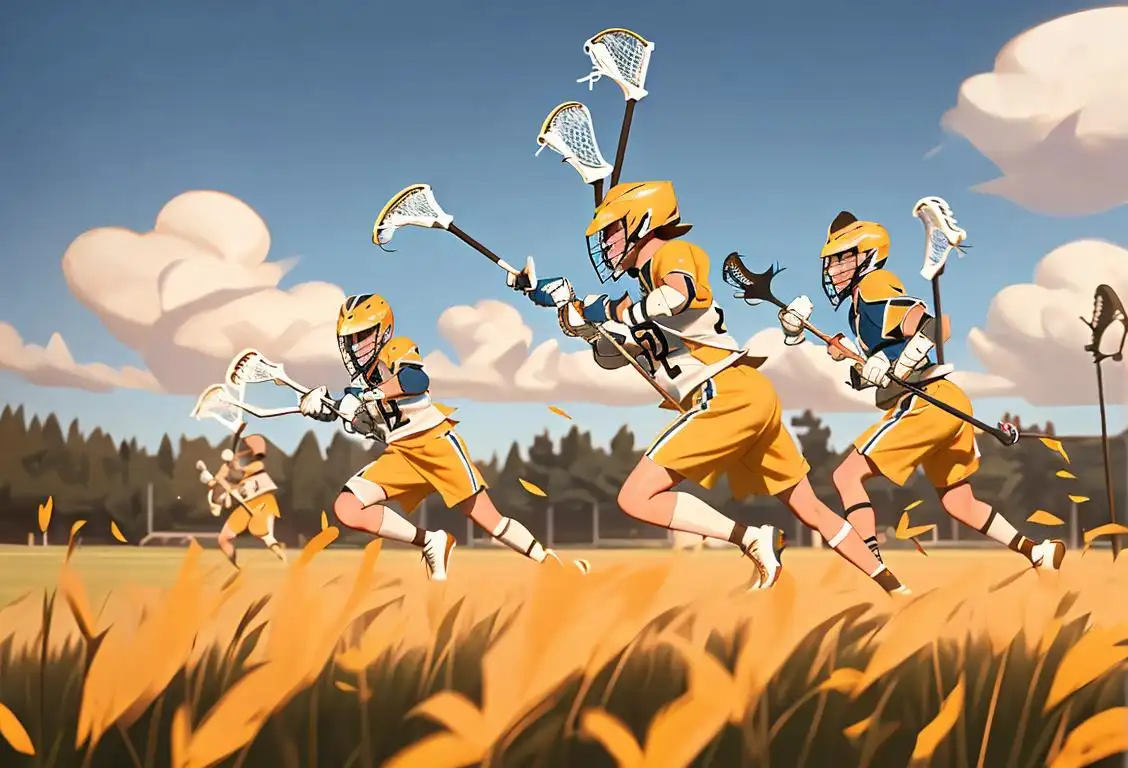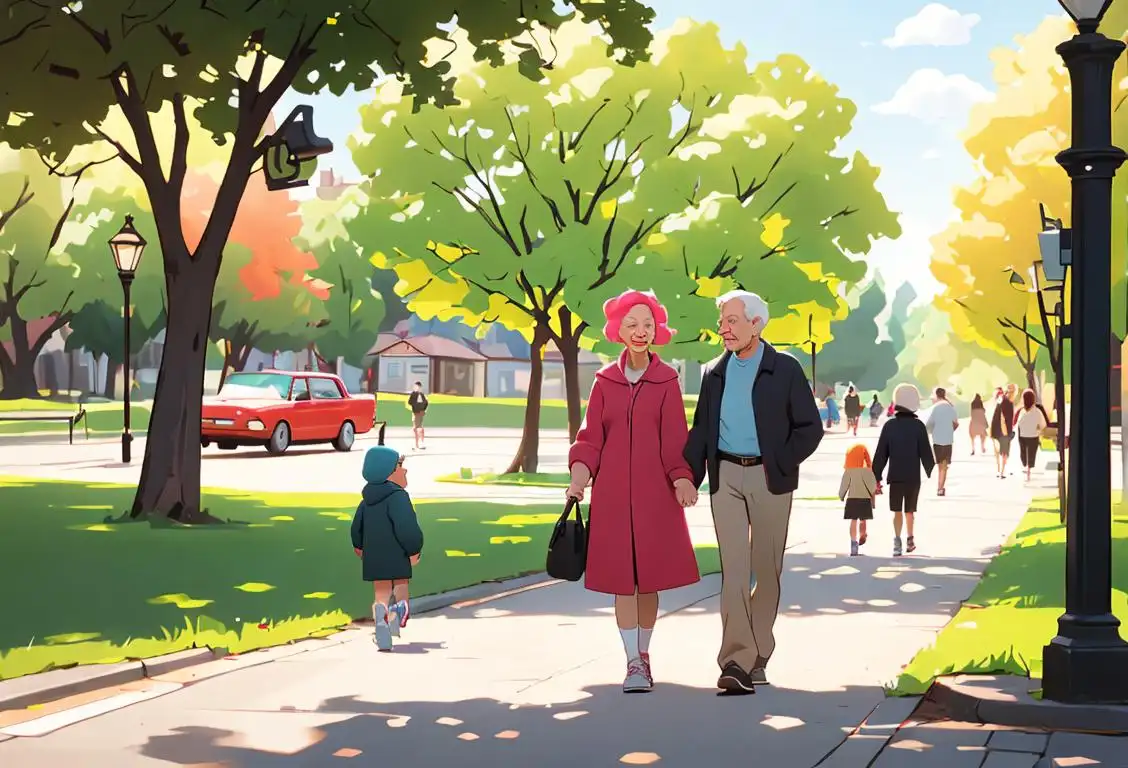National Hockey Card Day
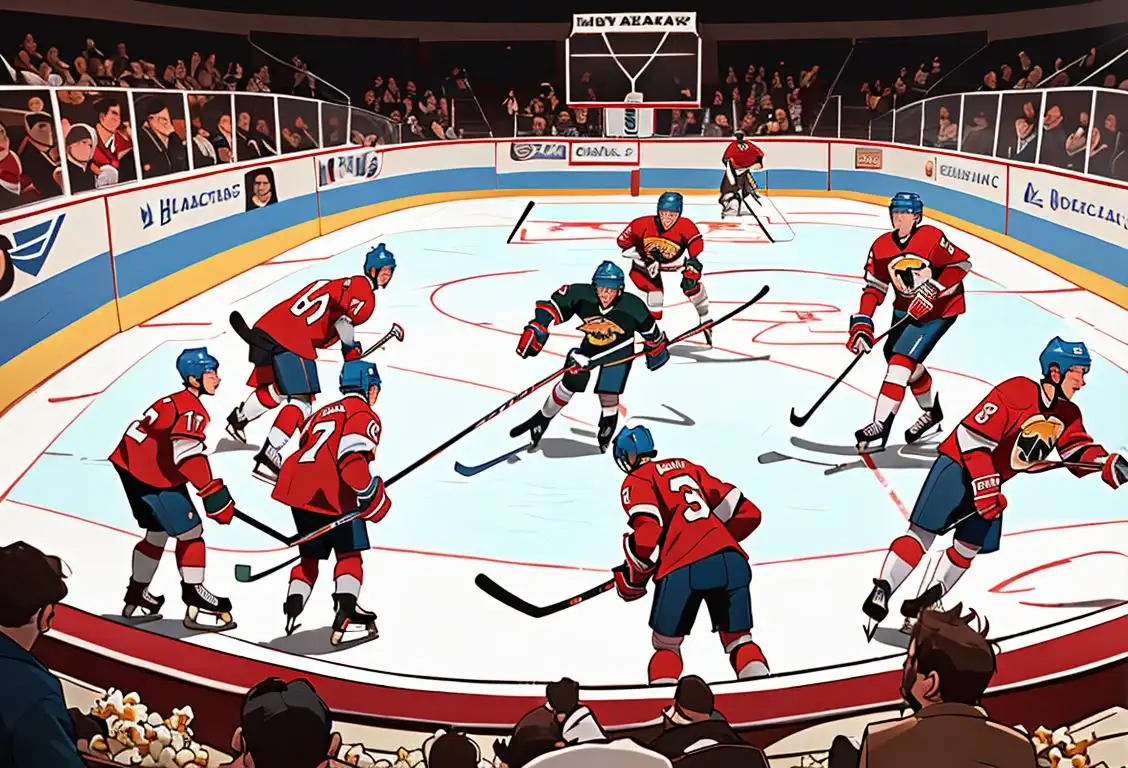
Ah, National Hockey Card Day, the day when adult enthusiasm for cardboard rectangles reaches a fever pitch. A magical day when we all find ourselves scrutinizing little glossies with the same intensity of an archaeologist studying a newly discovered relic.
When is Hockey Card Day?
It's national hockey card day on the 3rd March.
A Deep Dive into National Hockey Card Day
When in full swing, National Hockey Card Day is a fascinating phenomenon. Let's dial back to 03 Mar 2018, when we registered the most mentions. I'm sure it was a day when hockey card geeks (and I say that fondly) bonded over laminated bits of paper. And why not? There's a certain charming nostalgia to it all, a sense of throwing it back to when collecting was the cool thing to do.
These aren't just run-of-the-mill collectibles; no sir, they're pieces of sports history encased in their shiny wrappings, waiting to be discovered. The thrill is akin to buying a lottery ticket, where each pack you open might contain that one card you've coveted for so long, or perhaps an unknown gem that sets your collector's heart aflame.
The Word on the Web
With 2,246 mentions, National Hockey Card Day has secured a place in the hearts and timetables of many. Whether it's whispering under hushed breath about a spectacular find or engaging in impassioned debates about the cards' merits, the chatter is testimony to the day's popularity. Make no mistake; the hockey card community is a lively one, pulsating with energy and camaraderie.
Fanning The Hockey Card Flame
So, if you've got that gleam in your eye, that yearning to start your own collection or revive an old hobby, National Hockey Card Day could be your chance to get your skates on and dive right in. With pre-existing communities ready to extend a warm welcome and professionals who share their wisdom out of love for the game and its brightly packaged keepsakes, you'll never feel alone on this journey.
History behind the term 'Hockey Card'
1879
The Birth of Hockey
Hockey is believed to have originated in Canada in the late 19th century, and it quickly gained popularity as an exciting and fast-paced sport. The game was initially played using a wooden puck, and teams consisted of several players on each side.
1887
Mass Production of Tobacco Cards
In 1887, the Allen & Ginter tobacco company in Richmond, Virginia, began including collectible cards in their cigarette packs as a way to boost sales. These cards featured various subjects, such as actresses, athletes, and other popular figures of the time. They proved to be a huge success and sparked a trend of collecting trading cards.
1910
Introduction of Hockey Cards
Around 1910, tobacco and candy companies started capitalizing on the growing popularity of hockey by producing trading cards specifically featuring hockey players. These early hockey cards were often included in cigarette packs or sold as standalone collectibles.
1933
Gum Takes Over
With the increasing awareness of the harmful effects of tobacco, the production and distribution of tobacco cards saw a decline. In 1933, the Goudey Gum Company released a set of baseball cards, which marked the beginning of gum manufacturers' dominance in the trading card industry. Hockey cards also started being produced by gum companies, further popularizing the hobby.
1951
Parkhurst Hockey Cards
1951 saw the introduction of Parkhurst hockey cards, a Canadian company that started producing high-quality hockey card sets. Parkhurst sets became highly sought-after by collectors, featuring notable players and high-quality images. Their cards remain iconic in the world of hockey card collecting.
1990
The Modern Era
With the advancement of printing technology and the rise of professional sports leagues, the production and popularity of hockey cards soared in the 1990s. Card manufacturers like Upper Deck, O-Pee-Chee, and Score flooded the market with high-quality and innovative trading cards, introducing new features like autographs, memorabilia pieces, and limited-edition inserts.
Did you know?
Did you know that the most expensive hockey card ever sold was Wayne Gretzky’s 1979 O-Pee-Chee rookie card? It fetched a mind-boggling $3.45 million in May 2021. Just imagine the number of doughnuts you could buy with that!Tagged
fun community sports collectibles hockeyFirst identified
18th March 2015Most mentioned on
3rd March 2018Total mentions
2246Other days
Hockey Card Day
Baseball Card Day
Trading Card Day
High School Football Day
Lacrosse Day
Teams Day
Walking Day
Cancer Survivors Day
Rum Day
Memorial Day
